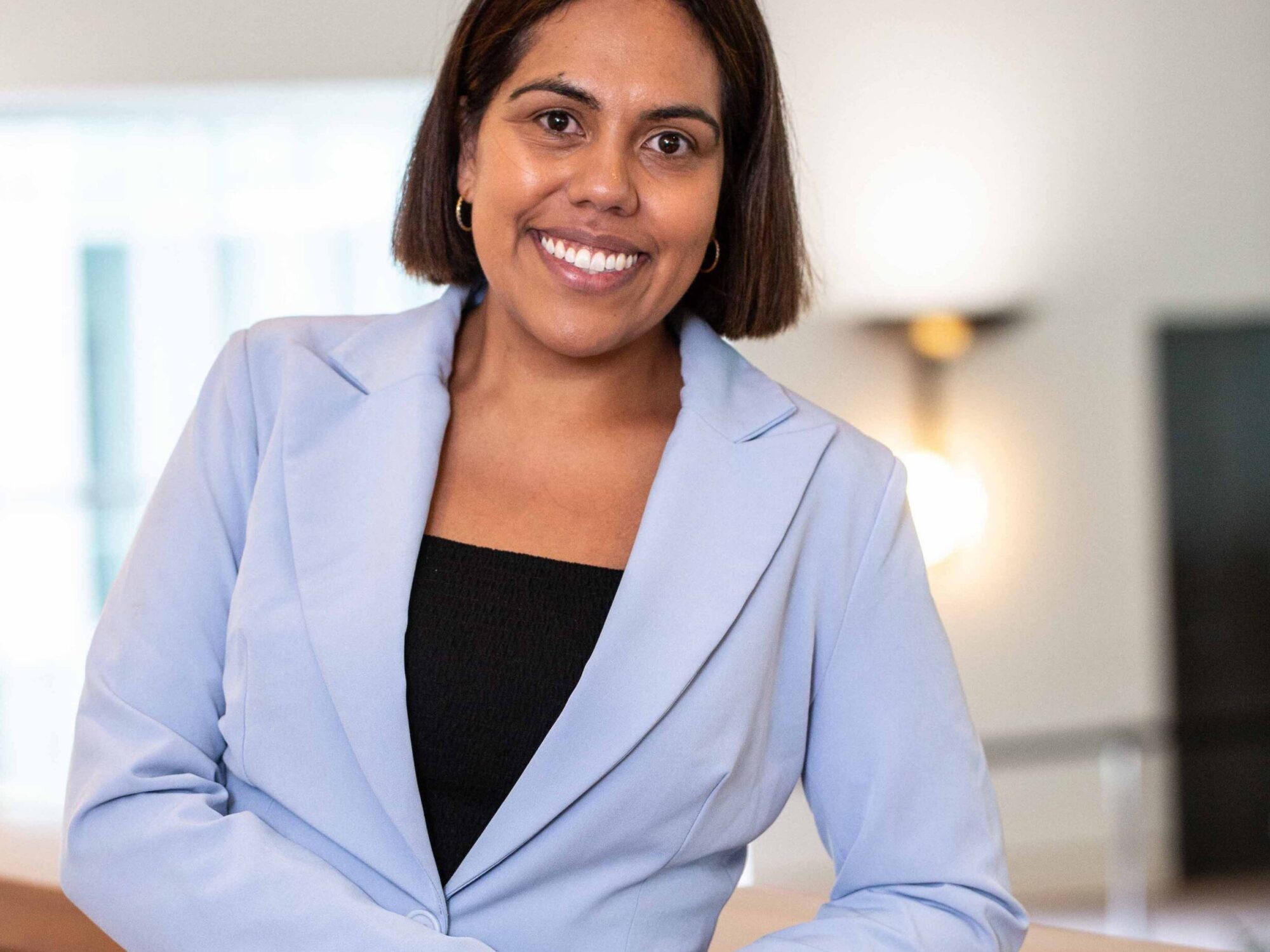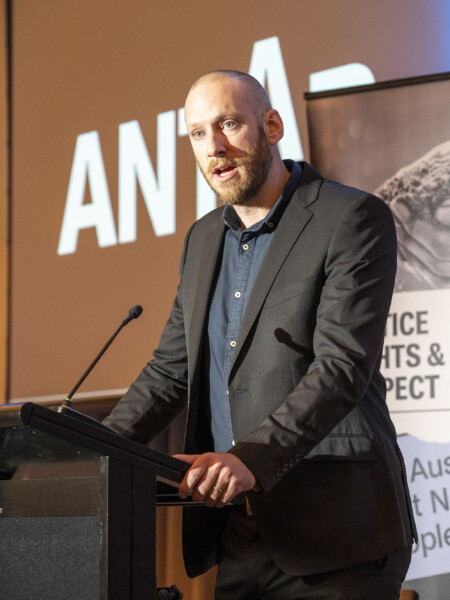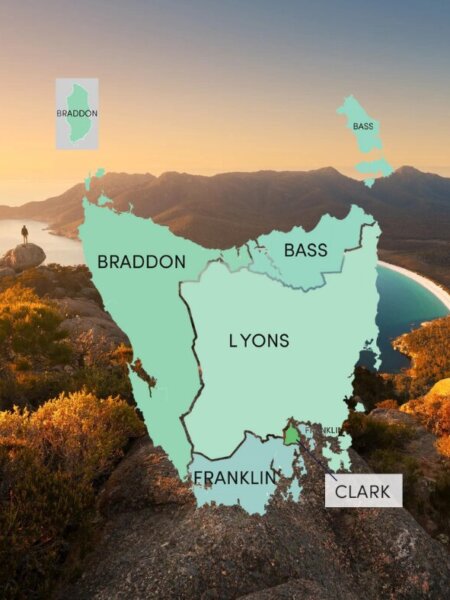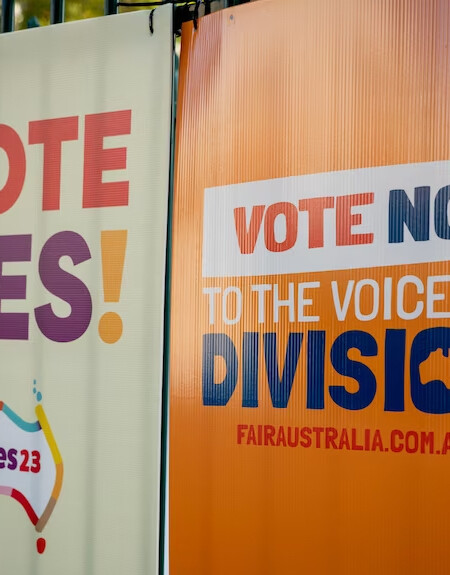If we have hundreds of nations across the country, how will they each be fairly represented and heard?
What power and authority will First Nations Peoples have when negotiating with Government? Is it the right thing to do? If we go ahead with it, does It destroy any chance for any other actions of self-determination for First Nations Peoples the future?
There are many questions that spring to mind when speaking about Treaty, many fears, misconceptions, theories, international examples and world history which has caused either opposition or support for the case.
When we dive into debate about Constitutional Recognition, Reconciliation, Treaties and agreement -making, Sovereignty and a constitutionally enshrined Voice to Parliament, we are often greeted with the premise to advocate for one and one only.
It seems as though, to choose one, is pledging your allegiance, marking your path and picking your side. The choice you make will distinctly place you in situations where you are scrutinised and sometimes ridiculed for expressing what you feel to be the right path as if there is only one.
This in actual fact, is not the case, there is not only one path and there is no demarcated order or list of checkpoints to pass through to achieve the ultimate goal.
I remember hearing Tony McAvoy, Australia’s first Indigenous Senior Counsel, speak for the first time; it was during a Politics in the Pub event based on this very topic. I will never forget how he told the audience that Treaty is not something to be romanticised. How very true, this isn’t meant to be a lovely journey and it we should not be fooled that it will have a perfect ending. A treaty is a working document, a continuous negotiation, an opportunity for ongoing relationship of understanding and dialogue.
The National Treaties Summit in April 2020 will be a crucial, pragmatic forum of discussions, theories, proven examples and practical models of how agreement-making can be developed and implemented in Australia.
The speakers and participants will share and learn how state and territory treaties and agreements have been an imperative tool to negotiate policy, programs, recognition and ultimately; self-determination of their respective countries.
All levels of community, Government, the public and private sectors, corporates and academics are needed to weigh in on this conversation to ensure that all areas are considered.
Importantly, while Aboriginal and Torres Strait Islander peoples are the primary stakeholder in Treaty, there is an opportunity for the Summit to influence non-Indigenous Australians – like reconciliation, Treaty must be owned and committed to by all parties, and all Australians need to understand what Treaty is and why it is crucial for them. Professor Mick Dodson, currently the Treaty Commissioner for the Northern Territory, has said that Treaty should be seen as an opportunity for non-Indigenous Australians. It will unleash all sorts of potential that has been held up and held back by the chains of our shared past.
In 2020, we have an opportunity to help Australia take a significant stride towards reconciliation by elevating the discussion and focus on agreement making and treaty across the continent.




